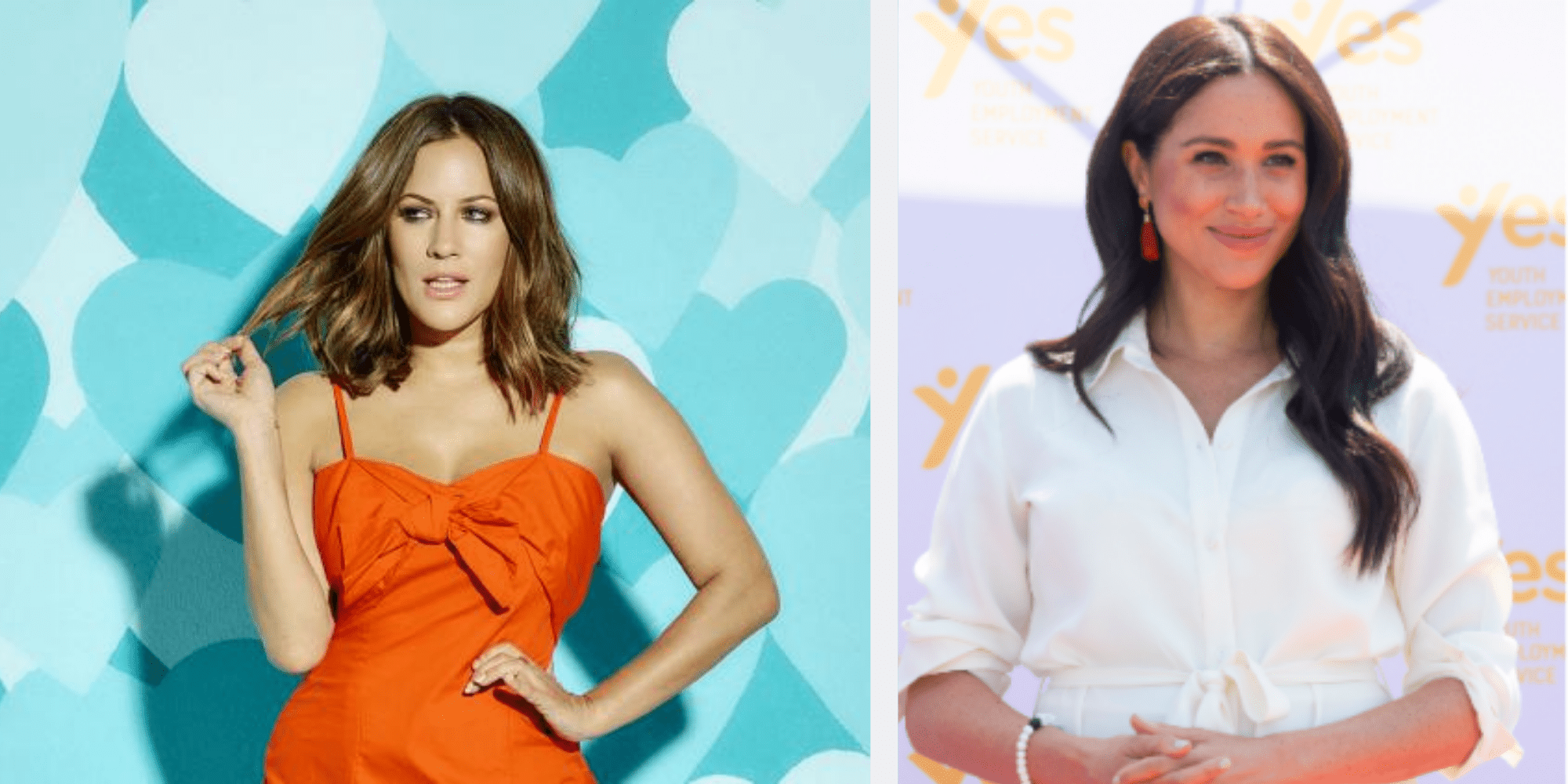In May 2019, CNN reported that we were at the beginning of a global mental health revolution. In January 2020, ITV launched a ‘mental wellness initiative’ labelled ‘Britain Get Talking’. Just over a year later, they aired Piers Morgan claims that he “didn’t believe a word” of Meghan Markle’s confession that she had contemplated suicide during her time with the Royal Family.
So what message are the media really portraying here – are they promoting open, honest discussion surrounding what was once Britain’s most taboo topic, or is this merely a front, sacrificed to the ultimate aim of driving profit?
We are all guilty of falling for a headline: Piers’ disrespect to Megan and mental illness was shocking – a significant step backward from the millennial drive for honesty and openness. Reading about it, then, does not seem shameful but in fact quite the opposite, with the need to keep up to date with news stronger than ever before.
Piers’ resignation from Good Morning Britain saw him replaced by Ben Shephard and a subsequent loss of 250,000 viewers. The message here, then, is clear – controversy sells. But at what point do we draw the line? Is it up to us, as consumers, to reject and ignore instances of hate and controversy churned out by the press? Or, must media outlets themselves factor in a moral boundary, sacrificing higher profits to support helpless individuals in the midst of a mental health epidemic.
This comes just a year after the tragic suicide of Love Island star Caroline Flack, who faced relentless media trolling in the years leading up to her death. She was attacked for dating former X-Factor contestant Harry Styles, on which she is a presenter, with the One Direction & Friends magazine painting her as a voodoo doll called ‘Grandma Caroline’. Following an alleged assault on her partner at the time of her death, Flack was swiftly dropped from ITV’s Love Island and media coverage of her private life soared as she was dubbed Caroline “Whack”. Her boyfriend Lewis took to social media in support of Caroline, and his warning bears all the more resonance months later as he pleaded with fans that “this is not a witch hunt this is someone’s life”.
TV producer Anna Blue claimed that whilst Flack wanted to be famous, she “wasn’t emotionally wired” to deal with it. But, in the wake of a multitude of celebrity suicides we must ask ourselves: should they have to be? Entering the public eye should not, and does not have to, mean the relentless invasion of privacy faced by Flack and many others.
The prioritisation of profit by the British media is morally reprehensible: too many times has a ‘be kind’ slogan been promoted for it to be quickly discarded following another scandal bound to gain media controversy and, of course, money.
If a global mental health revolution began in 2019, then in 2021 there is still a way to go. If media outlets respect mental health at all, then evidence is scarce and, at most, superficial. Mental wellbeing has been continuously and relentlessly sacrificed for the sake of financial gain. As such, if we are to endure any sort of revolution at all, change must come not via empty slogans but by genuine moral boundaries at the hands of the press. Until then, chances of restoring a sense of humanity in the way media is consumed seem drab, making it ever more likely that ‘one more time we’ll find out what’s worth more, people or money’ as Ali Smith suggested in her most recent novel Summer.
Header image credit: Indie100

